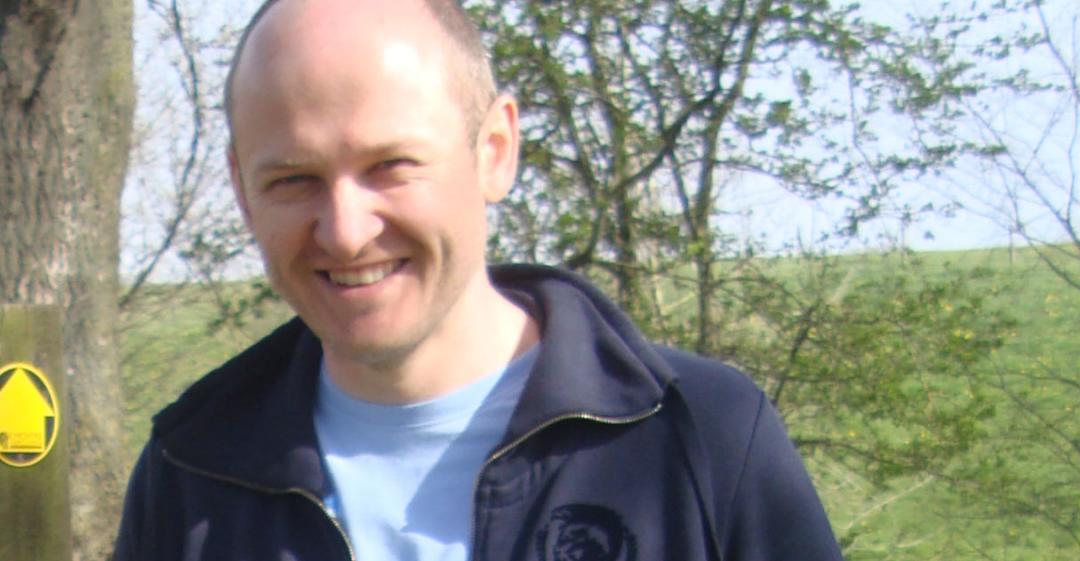“I’d been doing my previous job a long time – the challenge had gone out of it.”

What did you do previously?
I was working as a programme manager for a large corporate organisation. I’d been working there for twelve years.
What do you do now?
I’m studying for a PhD in Business at Manchester Business School. This is with the aim of moving into a role in academia, as a tutor and researcher.
Why did you make the change?
I didn’t enjoy my previous job at all. I’d been doing it for a long time and the challenge had gone out of it. I didn’t like the hours I was working, and I didn’t like the corporate culture. I had thought about moving on quite a few times before, but not in a structured or pro-active way.
Are you happy with the change?
Absolutely.
What do you miss, and what don’t you miss about your old role?
I don’t miss anything!
Maybe the salary but that’s about all.
And I don’t miss dreading getting up on Monday mornings.
How did you go about making the shift?
I made the most of my quiet time. I used to travel quite a lot for work on the train, where I’d have about four hours in the day of travelling, and I used that quiet time to focus. I thought about all the things I could do, and did lots of brainstorming. I also did an online psychometric test, similar to Myers Briggs, and a strengths test.
I narrowed my ideas down to a smaller list that I started to look at in more detail, and started to try things out. For example, I was interested as a hobby in woodwork so I started doing some woodwork things to see if there were opportunities there commercially. It didn’t seem like a good option in practice, so I looked into research which was another option on my ideas list. I contacted someone I knew who worked in a university for advice on what it was like and that helped me see it as a viable option. I then started to plan.
How did you handle your finances to make the change?
I had some savings already which helped. Also, my wife went back to work. If she hadn’t, then I might have waited a year to make the change later. But things sort of came together at the right time.
My advice about finances is to not look at it too much. Be aware and make plans but don’t put yourself off by comparing what your next salary may be with what you currently earn. My PhD salary is a lot less than my last role, but I know it’s something I enjoy and will be worth it.
What was the most difficult thing about changing?
I think my wife has probably been impacted more by it. She was used to being at home with the kids so now she’s back at work, and my children have had to go to day-care. So a lifestyle change is probably the biggest sacrifice.
What help did you get?
My contact who worked at a university was helpful in giving me guidance around the application process. I also had a colleague going through a career change at work who also was going back to university to become a school teacher, so it was good to have someone in a similar frame of mind around.
You have to be careful who you talk to about it though. If people are supportive, then great, but you shouldn’t say too much to those who don’t get it.
What have you learnt in the process?
What it is that I want to do. The project management job that I had was after a graduate training scheme out of university. I picked it as it was the highest paid one. It wasn’t really an active well-thought out choice. What this change has allowed me to do is really think about what I want to do and have some certainty about what I want to do.
Is there anything you wish you had done differently?
I wish I’d made the change earlier. Maybe ten years ago. It might have been easier to do with less ties. The bigger the salary you’ve got, the harder it is to conceive making the change.
Do you have any advice for career changers?
I’d advise to put some structure around your change. Brainstorm things you could do. Get help from psychometric tests, then start to narrow it down.
What really helped me was to make a plan, and to put it somewhere I would see it every day. I put it as my screensaver so I couldn’t miss it.
What lessons could you take from Jonathan's story to use in your own career change? Let us know in the comments below.



